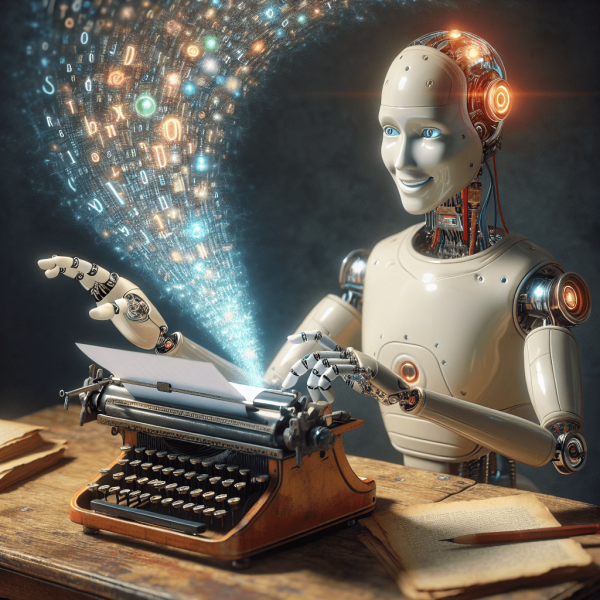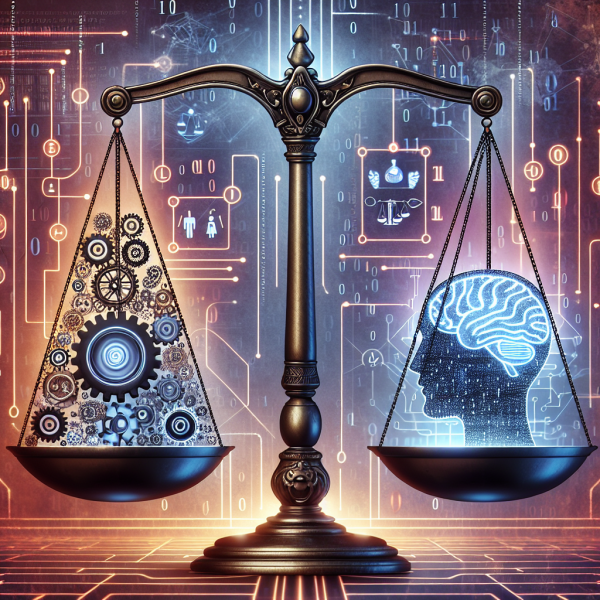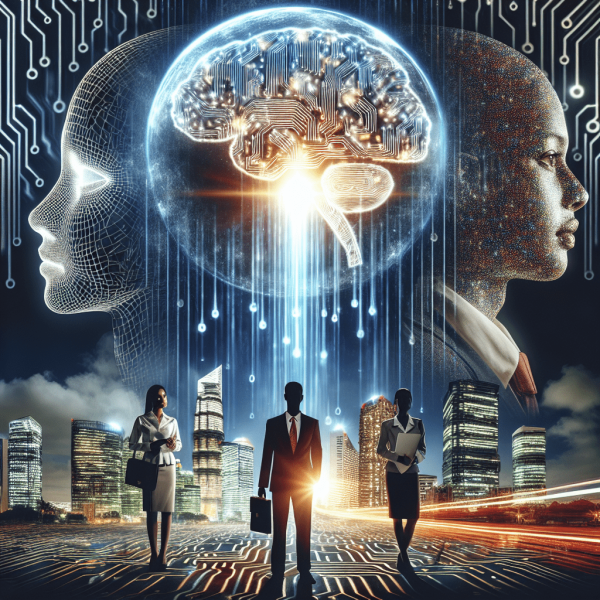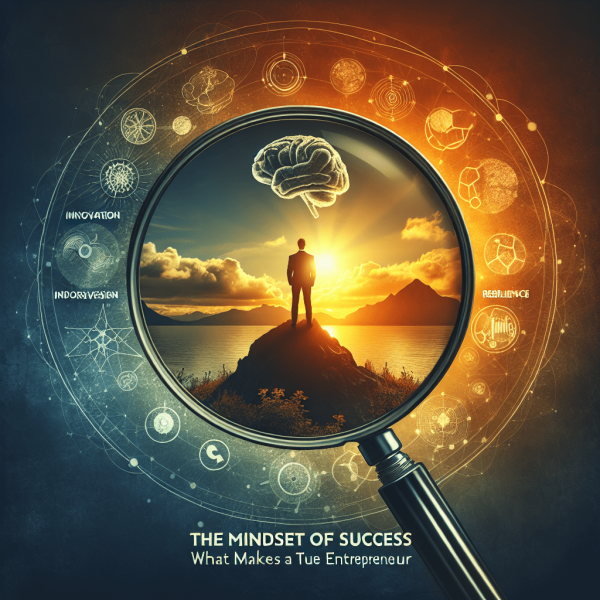Artificial intelligence (AI) and automation have become major factors in the job market, revolutionizing industries and impacting employment trends. While AI has the potential to drive economic growth and create new job opportunities, it also poses challenges for workers in certain sectors.
The rise of automation and AI technologies has led to concerns about job displacement and the future of work. According to a report by McKinsey Global Institute, an estimated 800 million jobs could be automated by 2030. The impact of this shift is already being felt across various industries, from manufacturing to customer service and finance.
One of the key ways in which AI is impacting the job market is through the automation of repetitive tasks. Jobs that involve routine, predictable tasks are at risk of being automated, leading to a decline in employment opportunities for workers in these roles. For example, in manufacturing, AI-powered robots have been increasingly used to perform tasks that were traditionally carried out by human workers.
Another area of concern is the potential for AI to replace skilled professionals in white-collar jobs. AI has the capability to analyze and interpret large amounts of data, perform complex calculations, and even engage in natural language processing. This has implications for jobs in sectors such as finance, law, and healthcare, where tasks such as data analysis and document review could be automated.
While AI and automation have the potential to displace certain jobs, they also have the ability to create new roles and opportunities. The demand for workers with skills in AI and data science is on the rise, as businesses seek to harness the power of these technologies. According to a report by LinkedIn, the role of AI specialist has emerged as one of the fastest-growing job titles in recent years.
In addition, AI has the potential to enhance productivity and efficiency, leading to the creation of new job roles that focus on managing and optimizing AI technologies. This includes roles such as AI trainers, data annotators, and algorithm bias auditors, which require human oversight and expertise.
To minimize the negative impact of AI and automation on employment, it is essential for policymakers, businesses, and educational institutions to prioritize reskilling and upskilling initiatives. This involves providing workers with the training and support needed to adapt to changing job requirements and acquire new skills in emerging technologies.
Furthermore, there is a growing emphasis on the need for ethical AI practices to ensure that automation does not lead to societal inequalities and job insecurities. This includes addressing the ethical implications of AI in decision-making processes, ensuring transparency and accountability in the use of AI technologies, and safeguarding against biases and discrimination in AI algorithms.
In conclusion, the integration of AI and automation in the job market is reshaping employment trends and posing challenges for workers in various industries. While there are concerns about job displacement, there are also opportunities for new job roles and career paths. By prioritizing reskilling and upskilling initiatives, as well as addressing ethical considerations, it is possible to navigate the impact of AI on employment and ensure a more inclusive and sustainable future of work.





